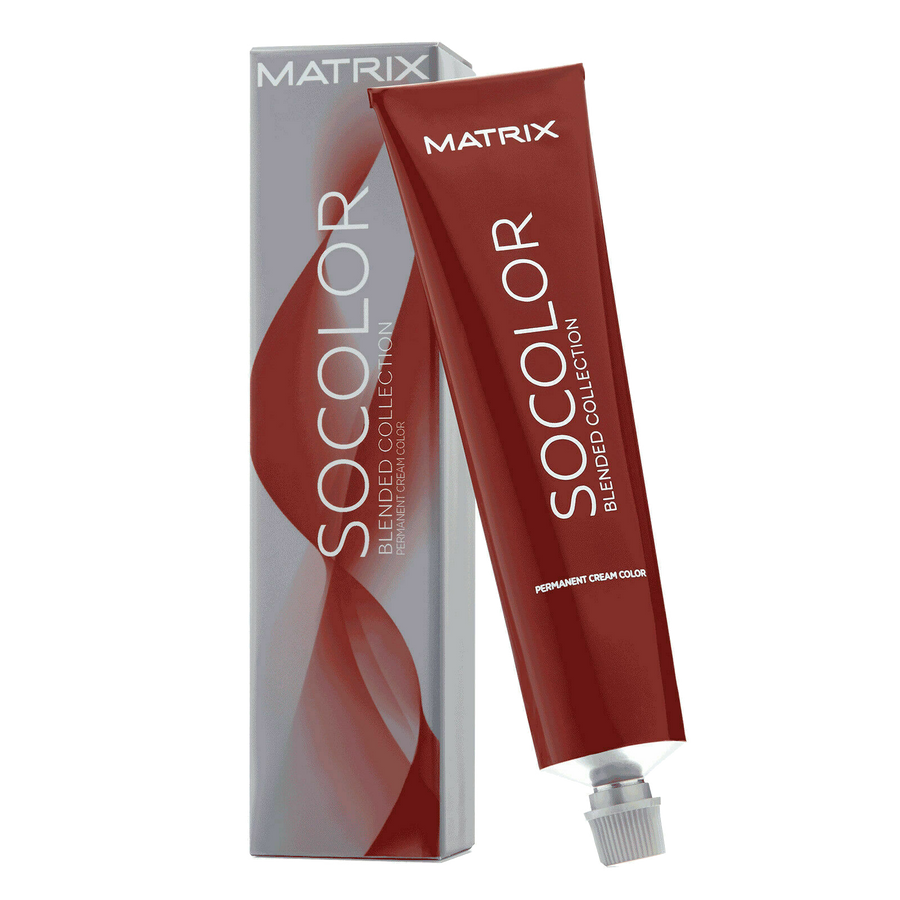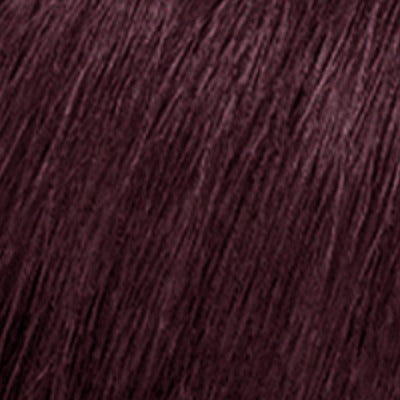Ultimate Guide to Hair Masks for Deep Conditioning
Taking good care of your hair is important, and one of the best ways to keep it healthy is by using hair masks for deep conditioning. Hair masks provide intense hydration and nourishment, making your hair stronger, shinier, and more manageable. They are especially useful if your hair is dry, damaged, or colour-treated.
Hair masks can address various hair concerns, depending on the ingredients used. Some masks focus on adding moisture, while others aim to repair damage or enhance shine. Understanding the specific benefits of hair masks can help you choose the right one for your needs.
Applying a hair mask might seem straightforward, but there are a few tips and tricks that can help you get the most out of your treatment. Knowing when and how to use hair masks can make a big difference in your hair's overall health.
Whether you prefer making your own hair masks at home or buying them from a store, it’s good to know the pros and cons of each option. This guide will help you decide the best approach for your hair care routine.
Let’s dive into the ultimate guide to hair masks for deep conditioning!
Benefits of Using Hair Masks for Deep Conditioning
Using hair masks regularly can transform the health and appearance of your hair. Deep conditioning masks provide several key benefits:
- Intense Hydration: Hair masks are packed with moisture-rich ingredients that penetrate deep into your hair. This helps to hydrate dry and brittle strands, making them softer and more manageable.
- Repair and Strengthen: If your hair is damaged from heat styling or colouring, a deep conditioning mask can help repair and strengthen it. Ingredients like keratin and proteins can rebuild the hair structure and reduce breakage.
- Enhance Shine: Nutrient-rich masks can make your hair look shinier and more vibrant. Natural oils and butters like coconut oil and shea butter can smooth the hair cuticle and add a healthy glow.
- Soothe Scalp: Some masks are designed to nourish the scalp, helping to reduce dryness, flakiness, and irritation. A healthy scalp is essential for strong and healthy hair growth.
- Prevent Split Ends: Regular use of hair masks can prevent split ends by keeping your hair well-moisturised and nourished. This means fewer trips to the salon for trims.
Using a hair mask once or twice a week can provide these benefits and help maintain your hair's overall health and appearance.
Types of Hair Masks and How to Choose the Right One
Choosing the right hair mask depends on your hair type and specific needs. Here are some common types of hair masks and tips on how to pick the best one for you:
- Moisturising Masks: Ideal for dry and brittle hair, these masks contain hydrating ingredients like aloe vera, honey, and glycerin. They help to restore moisture and make your hair softer and more manageable.
- Repairing Masks: These masks are perfect for damaged hair. Look for ingredients like keratin, argan oil, and collagen. They help to rebuild the hair's structure, reduce breakage, and make it stronger.
- Colour-Protection Masks: If you have colour-treated hair, opt for a mask that protects against fading and dryness. Ingredients like UV filters and antioxidants can keep your colour vibrant while nourishing your hair.
- Scalp Treatments: For those with scalp issues like dandruff or sensitivity, a scalp-specific mask can help soothe and nourish. Ingredients like tea tree oil, peppermint, and salicylic acid can reduce irritation and promote a healthy scalp.
- Protein Masks: For weak and fragile hair, protein masks are beneficial. They are rich in proteins that help to strengthen and rebuild the hair shaft, reducing the risk of breakage.
To choose the right hair mask, first, identify your hair’s needs. Then, look for masks with ingredients that target those issues. Always read the product labels to ensure you're getting exactly what your hair requires.
Experimenting with different types of masks can help you find the one that gives you the best results for your specific hair type and concerns.
How to Apply Hair Masks for Maximum Effect
To get the most out of your hair mask, it's important to apply it correctly. Follow these steps for the best results:
- Start with Clean Hair: Wash your hair with shampoo to remove any dirt or product buildup. Clean hair allows the mask to penetrate better and work more effectively.
- Focus on Your Hair's Needs: If you have dry ends, apply the mask mainly to the ends of your hair. For scalp treatments, apply the mask to the roots and massage gently.
- Distribute Evenly: Use a wide-tooth comb to distribute the mask evenly through your hair. This ensures that every strand gets the benefits of the treatment.
- Leave It On: Follow the instructions on the product label for how long to leave the mask on. Typically, it's between 10 to 30 minutes. You can wrap your hair in a warm towel to help the mask penetrate more deeply.
- Rinse Thoroughly: Rinse your hair thoroughly with cool water to seal the cuticle and lock in moisture. Make sure no residue is left behind to avoid buildup.
- Follow With Conditioner: For extra hydration, you can follow up with a light conditioner, especially if you have very dry or damaged hair.
Using a hair mask correctly ensures that you reap all the benefits and keeps your hair looking its best.
DIY Hair Masks vs. Store-Bought: Pros and Cons
When choosing between DIY hair masks and store-bought options, there are pros and cons to consider:
DIY Hair Masks
Pros:
- Customisable: You can tailor DIY masks to suit your specific hair needs. Whether it's hydration, strength, or shine, you can choose ingredients that target your issues.
- Natural Ingredients: DIY masks often use natural, chemical-free ingredients like avocado, honey, and coconut oil, which are great for your hair.
- Cost-Effective: Making hair masks at home can be less expensive than buying commercial products.
Cons:
- Time-Consuming: Preparing DIY masks can take time and effort. You'll need to gather ingredients and mix them, which isn't always convenient.
- Inconsistent Results: The effectiveness of DIY masks can vary based on ingredient quality and measurements.
- Short Shelf Life: Homemade masks don't contain preservatives, so they need to be used quickly.
Store-Bought Hair Masks
Pros:
- Convenient: Store-bought masks are ready to use. Just open the container and apply, which saves time.
- Reliable Results: These products are often tested for effectiveness, providing consistent results.
- Long Shelf Life: Store-bought masks contain preservatives that make them last longer.
Cons:
- Chemical Ingredients: Some store-bought masks include chemicals that might not be suitable for everyone, especially those with sensitive skin.
- Cost: High-quality commercial hair masks can be expensive.
Understanding the pros and cons of each option can help you decide which type of hair mask is best for your routine. You might even find that a combination of both works best for you.
Conclusion
Deep conditioning hair masks are a valuable addition to any hair care routine. Whether you are dealing with dryness, damage, or a lack of shine, a good hair mask can provide the nourishment your hair needs. By choosing the right type of hair mask and applying it properly, you can enjoy healthier, stronger, and more beautiful hair.
Both DIY and store-bought masks have their perks. DIY masks offer natural ingredients and customisation, while store-bought ones provide convenience and consistency. Consider your lifestyle, budget, and specific hair needs when deciding which to use.
For those looking to explore high-quality hair masks, visit Smooth & Charming. Our selection offers a variety of deeply nourishing treatments designed to meet all your hair care needs. Check out our store to find the perfect premium hair and beauty products!




